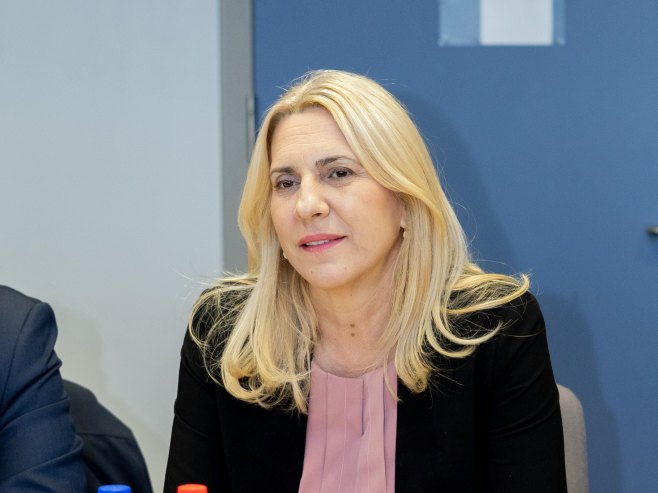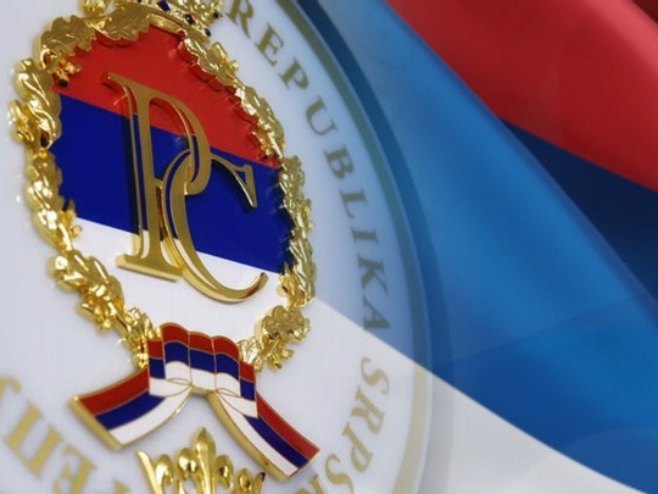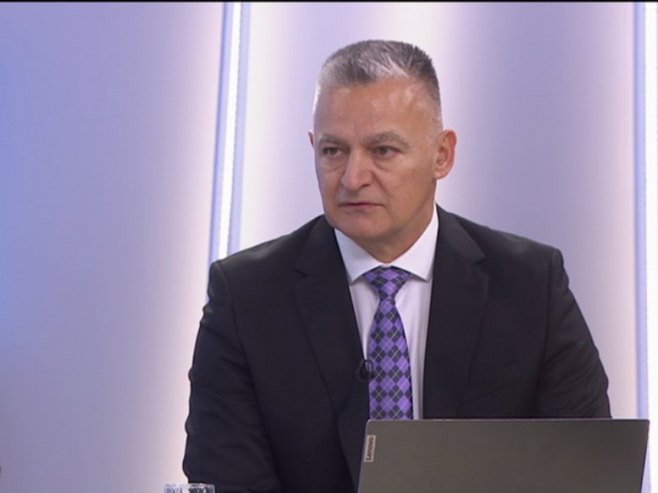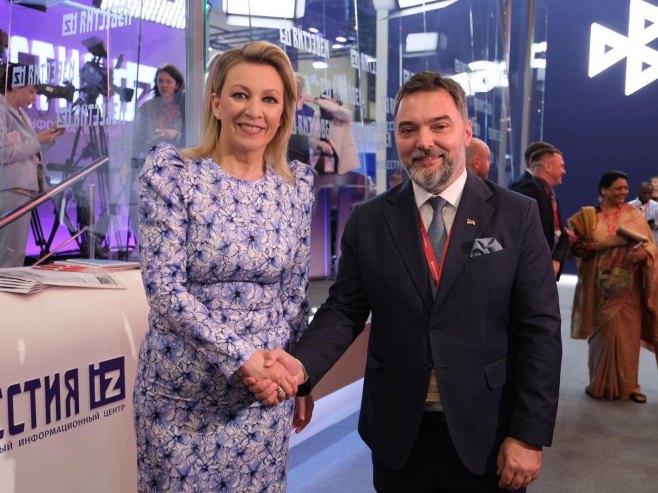Professor Emeritus Nenad Kecmanović stated in Banjaluka that the present moment is crucial for the repositioning of Republika Srpska, emphasizing that the new U.S. administration’s recognition of past injustices committed against the Serbs is a positive development that should be used wisely.
Speaking at the roundtable “International Positioning of Republika Srpska: Political, Legal, and Cultural Aspects,” Kecmanović said that Serbs must act in an organized manner to reshape long-standing negative perceptions about them, though he stressed that this would be a long-term process.
“Today, the international context is certainly more favorable for Republika Srpska, though still not ideal, as traces of earlier negative attitudes toward the Serb people remain,” Kecmanović said at the event hosted by the Faculty of Political Sciences, where he delivered a plenary lecture titled ‘The Culture of Memory – A Neglected Opportunity for Repositioning.’
He added that while U.S. President Donald Trump’s administration is now shifting its policy toward Republika Srpska and BiH, the broader process of repositioning the Serb question — politically and otherwise — will take time.
“I believe that the democratically elected president of Republika Srpska has done something significant by internationalizing the issue of Serbs in BiH — defending property rights and resisting the pressures of the declining Western establishment, former U.S. ambassadors, the unelected high representative, and Sarajevo’s political and judicial elite. This is the right moment to reposition Srpska, especially since Trump’s administration itself acknowledges that injustice has been done to the Serbs. That is a positive step and must be used,” Kecmanović emphasized.
Referring to the recent decision of the incomplete Constitutional Court of BiH to reject President Milorad Dodik’s appeal, Kecmanović expressed confidence that the European Court of Human Rights in Strasbourg would rule fairly in this case.
Professor Nina Sajić from the Faculty of Political Sciences in Banjaluka, speaking on the topic “Mapping Republika Srpska Globally: Reality and Ambitions,” said that the goal is to encourage an academic discussion on Srpska’s global position so that it can mobilize all available resources to preserve its identity and autonomy.
“We want to identify Republika Srpska’s real ambitions and its limitations — political, economic, and financial. The goal is to encourage academic dialogue involving not only scholars but all interested parties, to help Republika Srpska consolidate its identity and autonomy,” Sajić explained.
She noted that earlier serious challenges to the authority and integrity of Republika Srpska — both within BiH and beyond — had actually triggered a process of international recognition and positioning.
“The mobilization for Srpska’s international positioning began in earnest about a decade ago,” she said, adding that Milorad Dodik played a key role by building partnerships with Russia, China, Hungary, and Slovakia.
“The results of that approach were visible recently in the UN Security Council and elsewhere,” Sajić added, expressing hope that the Strasbourg Court would make a fair and swift ruling on what she called the politically motivated case against Dodik.
Moderator of the roundtable, Professor Boško Branković of the Faculty of Philosophy in Banjaluka, said that the event gives international significance to the question of Republika Srpska’s global positioning.
“Republika Srpska’s position today is much stronger than before — its voice is heard far beyond BiH and the region. That shows that our standing is improving and that we should not retreat in any respect. Serbs in these lands have been on the defensive for decades — now it’s time to show initiative,” Branković emphasized, adding that he expects justice to prevail before the Strasbourg Court in the case against Dodik.
The event also featured presentations by Aleksandar Vranješ on “The Impact of Social Media on the Transformation of Public Discourse: The Case of Republika Srpska,” and Vlade Simović on “The Berlin and Dayton Congresses as Mechanisms Preventing Serb Unification,” among others.
Source: Glas Srpske









